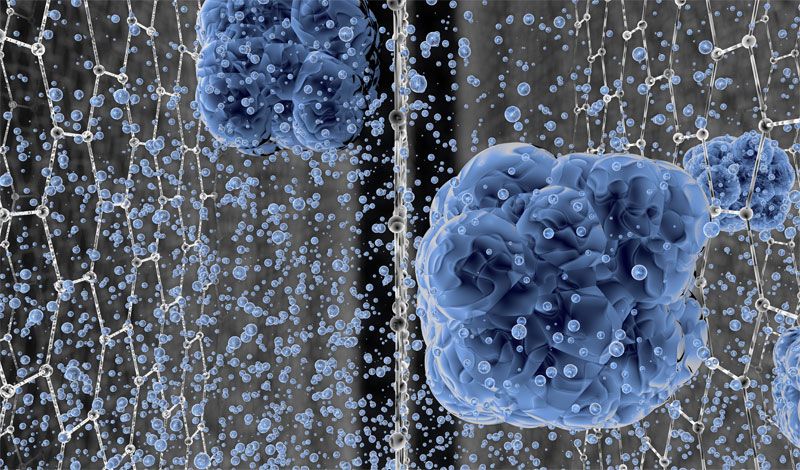An international team of astronomers has investigated a nearby emission nebula and star-forming region dubbed the Cat’s Paw Nebula as part of the B-field In STar-forming Region Observations (BISTRO) survey. Results of this study, presented in a paper published December 24 on arXiv.org, provide essential information about the structure of the object’s complex magnetic field.
At a distance of some 4240 light years away, the Cat’s Paw Nebula (other designations: NGC 6334, Gum 64) is a high-mass star-forming complex that lies within the galactic plane. The nebula has a form of a filamentary cloud structure spanning 1000 light years and hosts several star-forming regions.
Observations show that NGC 6334 is dominated by both a dense ridge threaded by sub-filaments, and by two hub-like structures towards its Northeast end. Astronomers have found that this ridge itself is in the process of active high-mass star formation and ultra-compact HII regions, maser sources, and molecular outflows have been identified along or next to its crest. However, although column density and velocity structures of the nebula’s both filaments and hubs have been thoroughly studied, still very little is known about its magnetic field (B-field).








